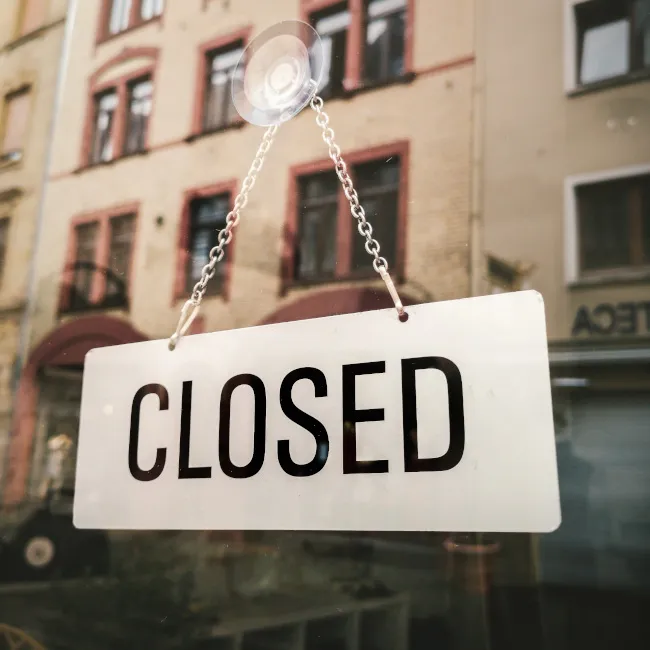Business interruption insurance during the pandemic
published in sb 6/2020
The officially ordered business closures have hit many companies hard. Those who had hoped to be able to offset the financial loss with compensation payments from their insurers have probably been disappointed. After all, how could a company insure itself against the consequences of a pandemic whose pathogen was previously unknown? Insurance brokers Lucas Brenken and Matthias Wendt report on their practical experience and outline possible consequences for the future.


Business interruption insurance provides cover for companies that pose an increased infection risk to human health. Classical examples are food processing, gastronomy, hospitality, health and care services, as well as leisure centres and swimming pools.
Business interruption insurance covers the cost of ongoing operation (e.g. rent and payroll) as well as the lost business profits of the insured business if an insured disease or pathogen is detected at the insured business and the competent authority orders the closure of the business. The same applies if essential workers are prohibited from working due to illness.
Business interruption insurance was available from some insurers before the advent of coronavirus. As a plausible example of a loss, insurers envisaged a localised, short-lived contamination with salmonella, legionella, germs or viruses. In this case, the potential cost and probability of loss are fairly quantifiable and therefore insurable.

photo: Pixabay / Benedikt Geyer
